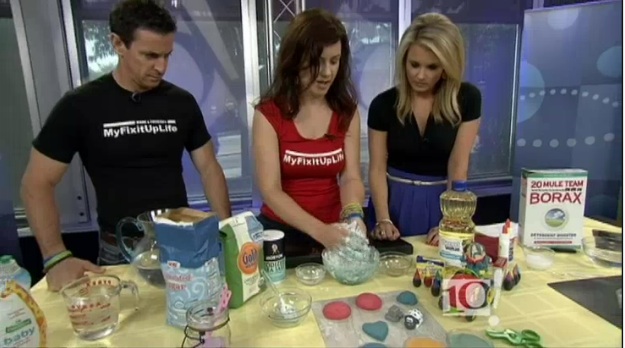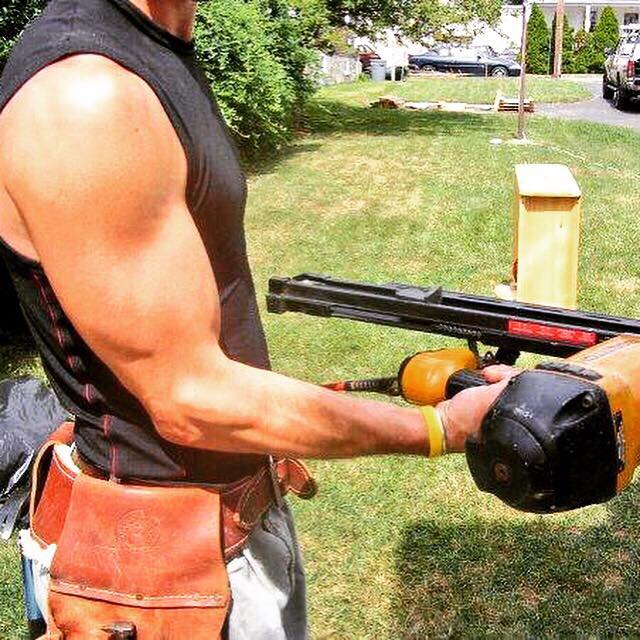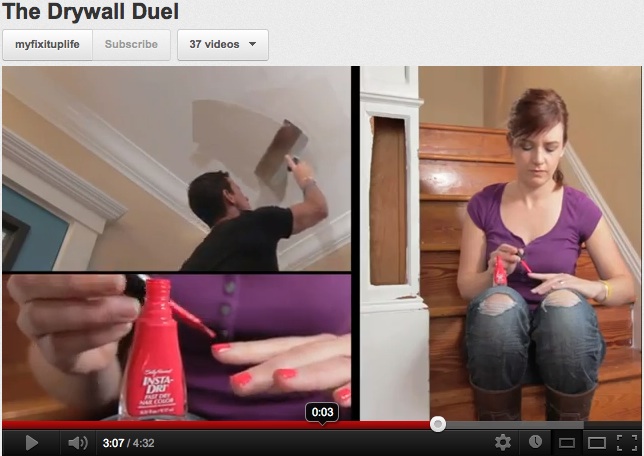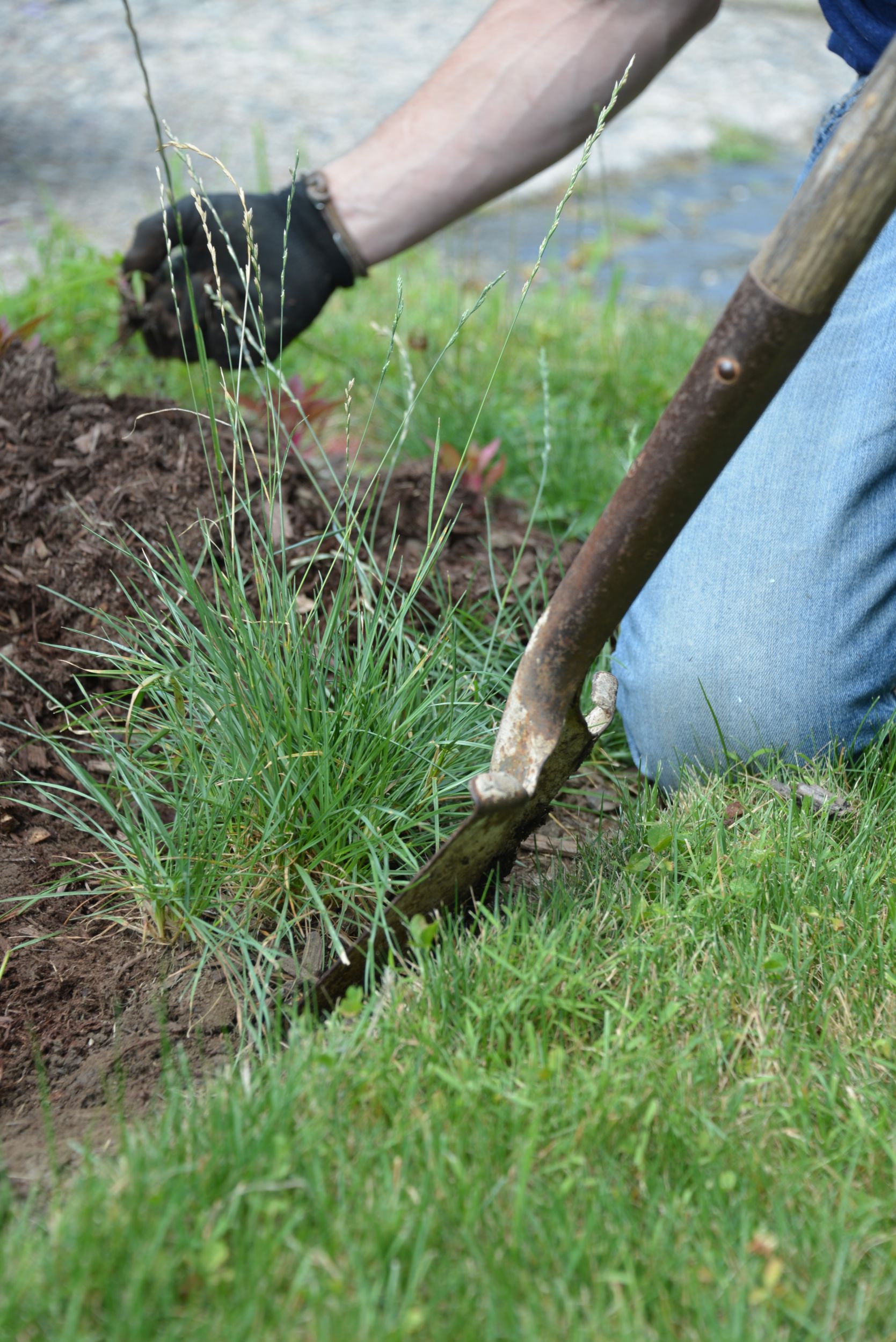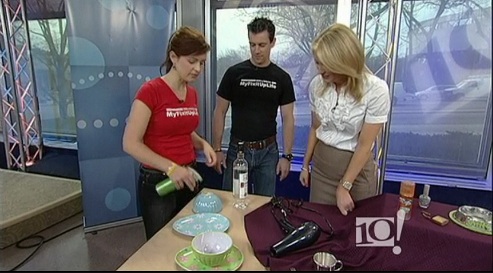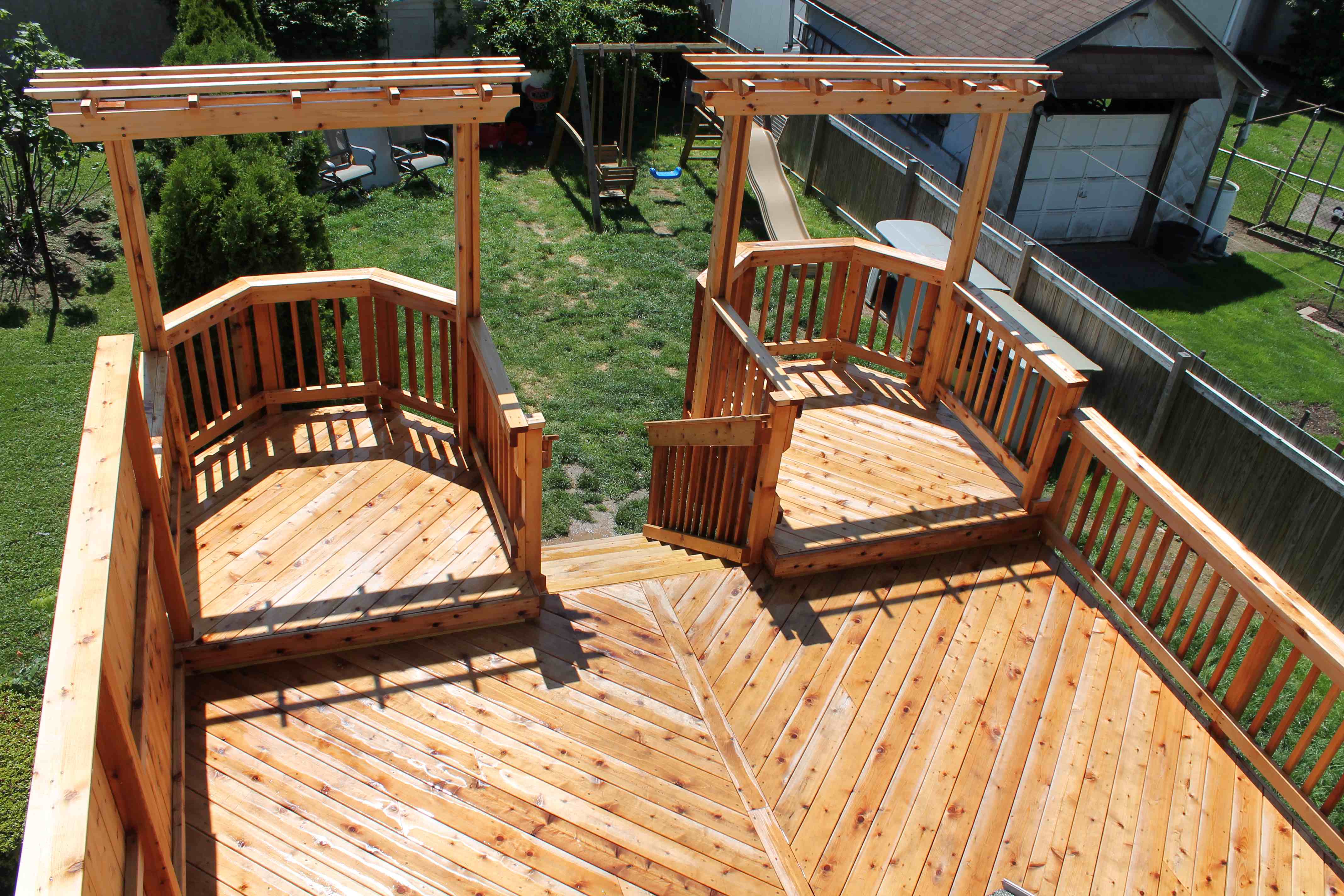Beth Anne asks: Hey guys, I have a question for you for when you’re on NBC 10.How do we fix a small hole in our basement letting water in? Will cement actually work?! We asked a dry basement contractor as well and their solution was thousands of dollars. What should we do?
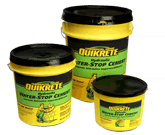
Answer: Yes. Also no. Patching the hole is a temporary fix. To truly get the basement dry, see below.
Yes.The short/inexpensive answer is that most likely, yes, you can patch a small hole using a product available at most home centers and hardware stores. But this is most likely a temporary fix. More on this below.
The product is called called hydraulic cement. It comes in small, often resealable packages which is nice so you don’t have to buy a 60 pound bag of concrete or mortar to patch a small hole requiring only a few ounces of product. It is also very fast-drying and cures even in wet conditions. We recommend you clean out the hole with a whisk broom and dislodge any loose concrete using a 5-in-1 tool. Mix the hydraulic cement to the consistency of watery toothpaste but just a little more watery. Pack it into the hole and feather flat on the floor using a margin trowel. If you want to use the bucket again, quickly clean out the drying hydraulic cement with a sponge and water.
Also No. The thing about water is that it is relentless. While patching this hole may divert the water for some time, betting it won’t find another way in—especially if you have an old house whose foundations were designed to let water pass to relieve the pressure it exerts on the walls (this is called hydrostatic pressure)—is not a bet I’d take.
To really ensure your basement stays dry the dry basement contractor’
s more expensive plan is probably the best long term solution because it doesn’t rely on blocking the water, but in moving it. They jackhammer the floor around the outside of the basement, excavate and trench, install a pipe pitched toward the lowest point in the basement, then eject the water from that point via a sump pump. This is a lot of labor and can easily cost $5,000 in a modest sized home.
That’s a sticker shock number for lots of homeowners, but remember: chance favors the prepared mind—and house. Stay dry!






